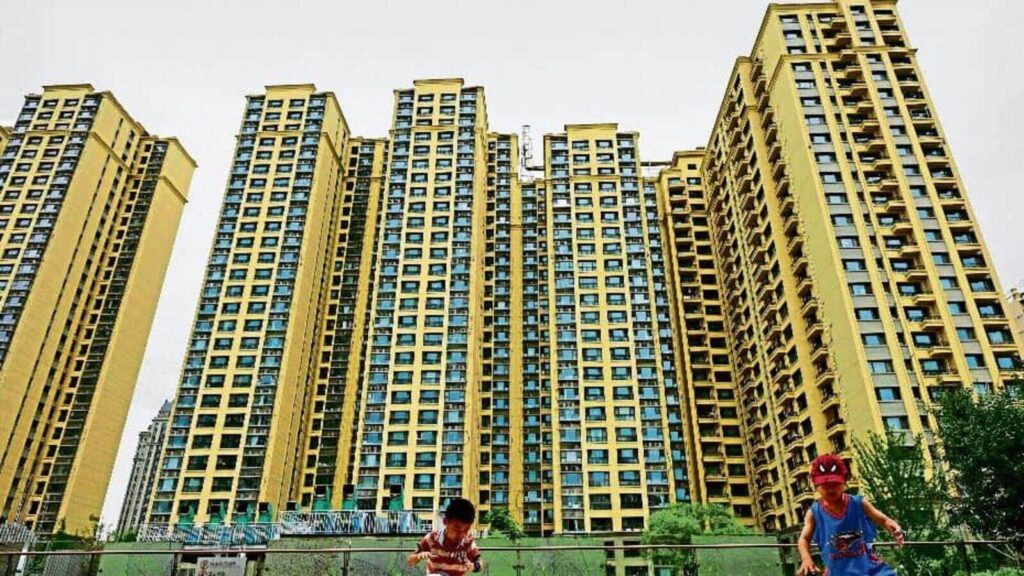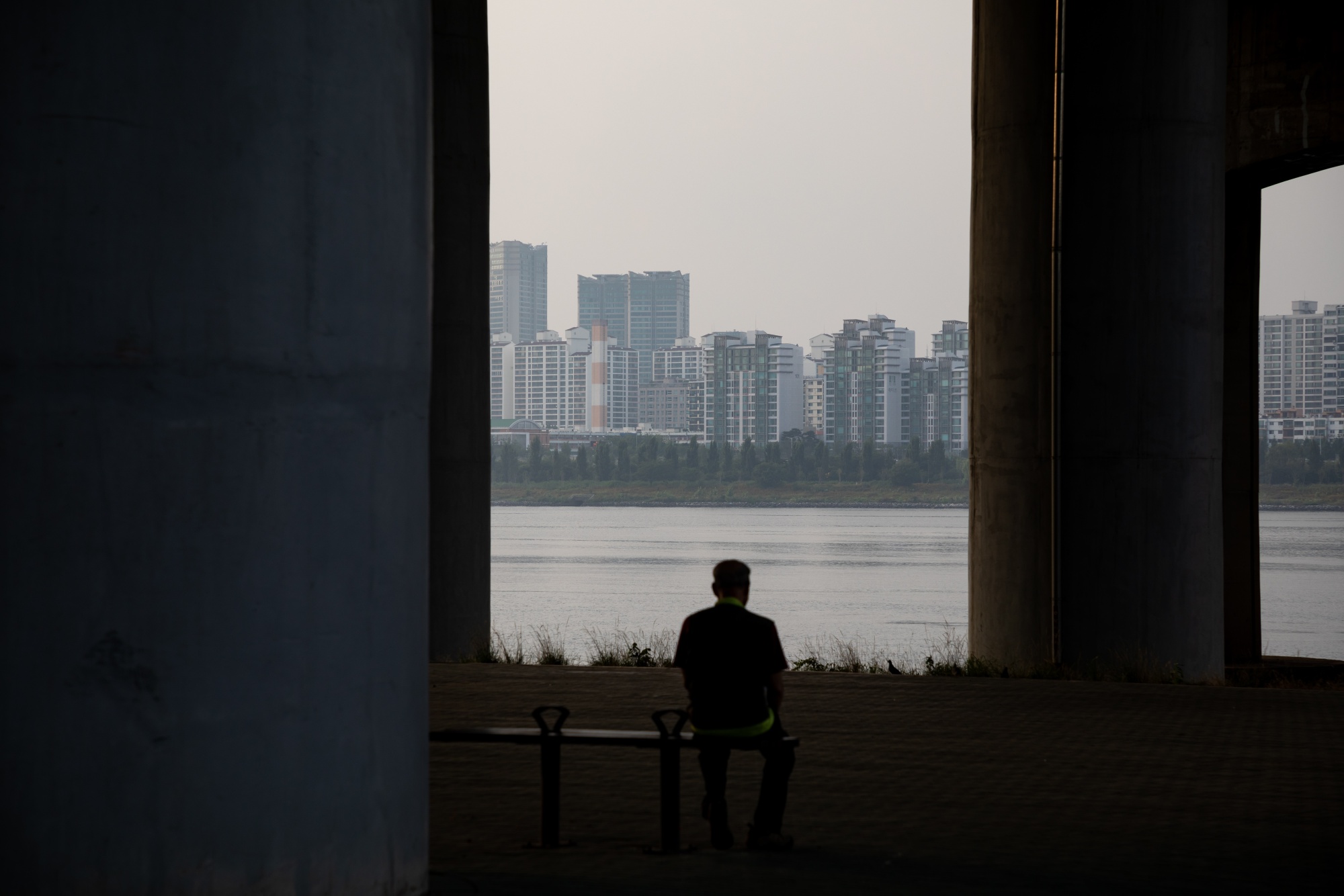Growing concerns related to surging interest rates and increased regulatory scrutiny are creating challenges for builders and creditors in Asian economies, spanning from South Korea to Vietnam. This highlights the extent of real estate issues in a region that has been overshadowed by China’s ongoing crisis. While the United States and Europe have experienced a more pronounced impact on commercial property due to aggressive monetary tightening and the pandemic, it is residential housing that is under significant strain in Asia. Here are insights into the real estate stress faced by several Asian markets:
South Korea: Korea’s property market is facing considerable strain, with home prices witnessing the sharpest decline in 25 years in 2023, following moves by the Bank of Korea to push its policy rate to a 15-year high. The debt blowup of a theme-park developer in late 2022 escalated into the country’s worst credit market meltdown since the global financial crisis. Despite government rescue measures stabilizing the situation, concerns linger, with bad debts accumulating and risks related to project financing debt increasing.

Indonesia: Aggressive rate hikes by the local central bank have put pressure on heavily indebted home builders, affecting household purchasing power. Weak currency exacerbates the situation, increasing the cost of servicing dollar debt. Default concerns have arisen for companies like PT Lippo Karawaci and PT Agung Podomoro, prompting asset sales. Refinancing risks are escalating, and the end of Indonesia’s policy tightening is awaited for potential improvements in real estate demand.
Vietnam: Vietnam’s property sector faced challenges due to an anti-graft campaign, resulting in oversupply issues and a liquidity crunch. Regulatory interventions and interest rate cuts have eased the downward spiral, but signs of trouble persist. Novaland Investment Group Corp., a major developer, faced bond maturity extension after an interest payment failure, indicating investor concerns about full debt recovery.
Hong Kong: Perpetual dollar bonds from Hong Kong developers experienced a significant selloff amid soaring financing costs and concerns about China’s real estate issues. The city’s property slump, with home prices dropping to a seven-year low, contributed to the market stress. Developers had to cut home prices, and a cautious approach is advised for those with large exposure to residential and commercial properties in mainland China.
Australia: Australia faces a different form of property stress, with the Reserve Bank of Australia’s aggressive tightening cycle raising concerns about households’ ability to handle higher interest rates. The rollover of home loans fixed at record-low rates to higher, floating rates is a potential challenge, with a growing number of households experiencing financial stress.









